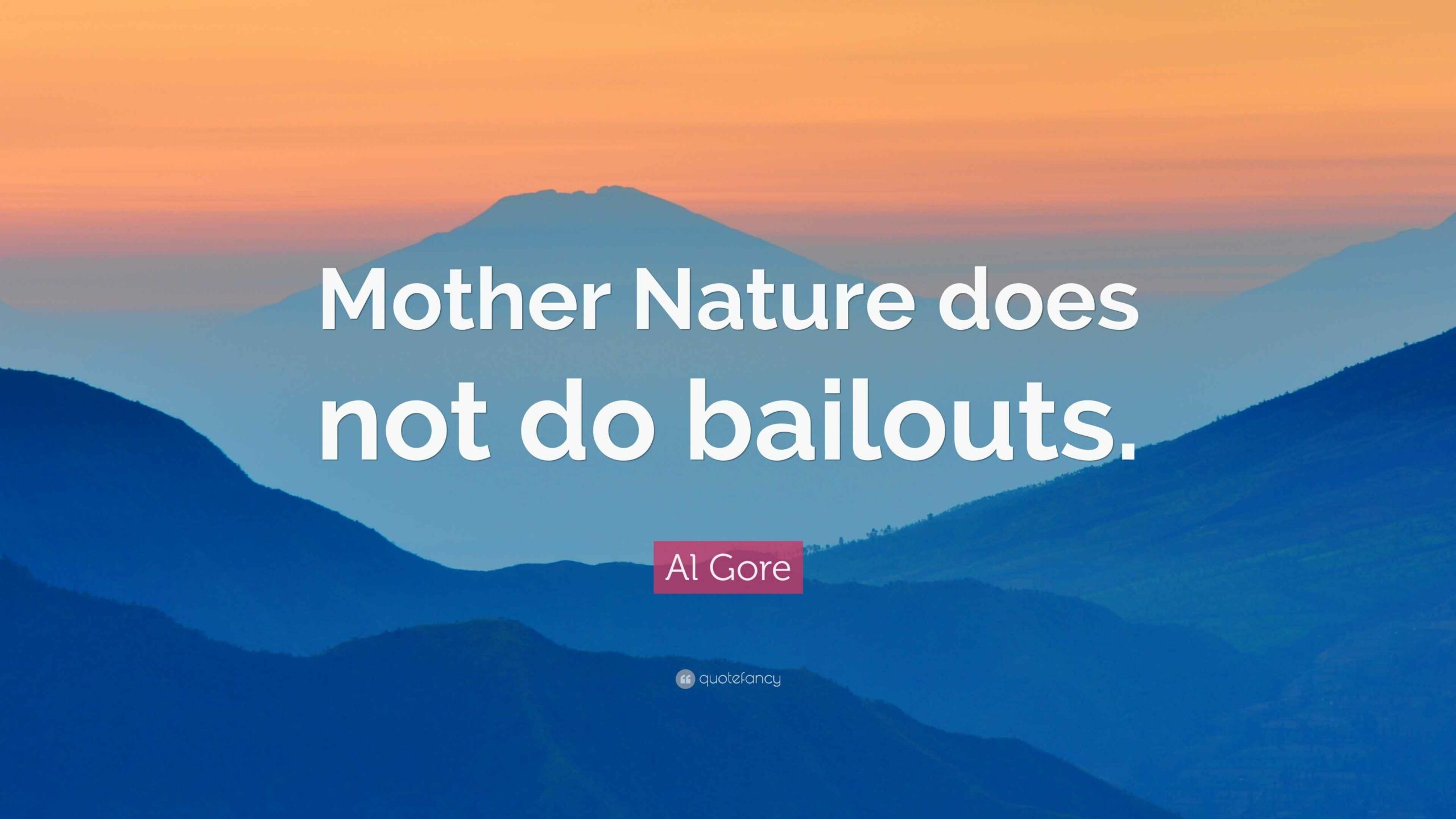The phrase “Mother Nature does not support divorce” resonates deeply, inviting a shift in perspective regarding our relationship with the environment and the consequences of human actions. It hints at a larger narrative—one where the natural world, in all its complexity, stands as a testament to commitments and interconnectedness. In a time when individualism often overshadows community, understanding this relationship can provoke curiosity and introspection.
At its core, the natural world represents a series of bonds that, much like marriage, require commitment, nurturing, and respect. When divorce occurs in human relationships, it tends to evoke a sense of loss, a severing of ties that can often leave both parties adrift. Similarly, when humanity chooses to disengage from the responsibilities it holds towards the environment, we jeopardize the intricate ecosystems upon which all life depends. The metaphor of divorce in this context serves as a stark reminder: betrayal of nature’s trust leads to irrevocable consequences.
The rich tapestry of life on Earth is woven through ecosystems that thrive on cooperation. Trees and fungi communicate through vast underground networks, while bees pollinate flowers, enabling plants to reproduce. This interdependence mirrors the foundational premise of committed relationships. The concept of divorce, then, becomes a symbolic act of disrupting not just a partnership between individuals, but a rupture in the harmony of the natural world. As humanity grapples with climate change, deforestation, and pollution, these acts of environmental divorce resonate louder than ever.
But what does it mean for us to reposition our understanding of “divorce” in relation to nature? There must be a conscious effort to mend the frayed bonds and re-establish a commitment to the Earth. This is not merely an act of altruism; it is an investment in our collective future. By fostering a genuine connection with nature, one can cultivate empathy towards the environment, mirroring the devotion that is vital in personal relationships.
Moreover, a renewed embrace of environmental stewardship invites questions about sustainability practices and community involvement. How can we rebuild the bridges we have burned? What actionable steps can individuals take to mend the rift caused by past negligence? Each decision, no matter how minute, can contribute to a broader sense of unity with the natural world, transforming our relationship from one of exploitation to one of reverence and reciprocity.
Ultimately, embracing the notion that “Mother Nature does not support divorce” invites a radical reevaluation of how we interact with our planet. It stimulates a discourse that transcends mere ecological awareness, urging individuals and societies to foster genuine bonds of responsibility and care. In this way, we may find the path back towards harmony—not only with nature, but also within ourselves as we seek to honor the sacred commitments we hold, both to each other and the world around us.
